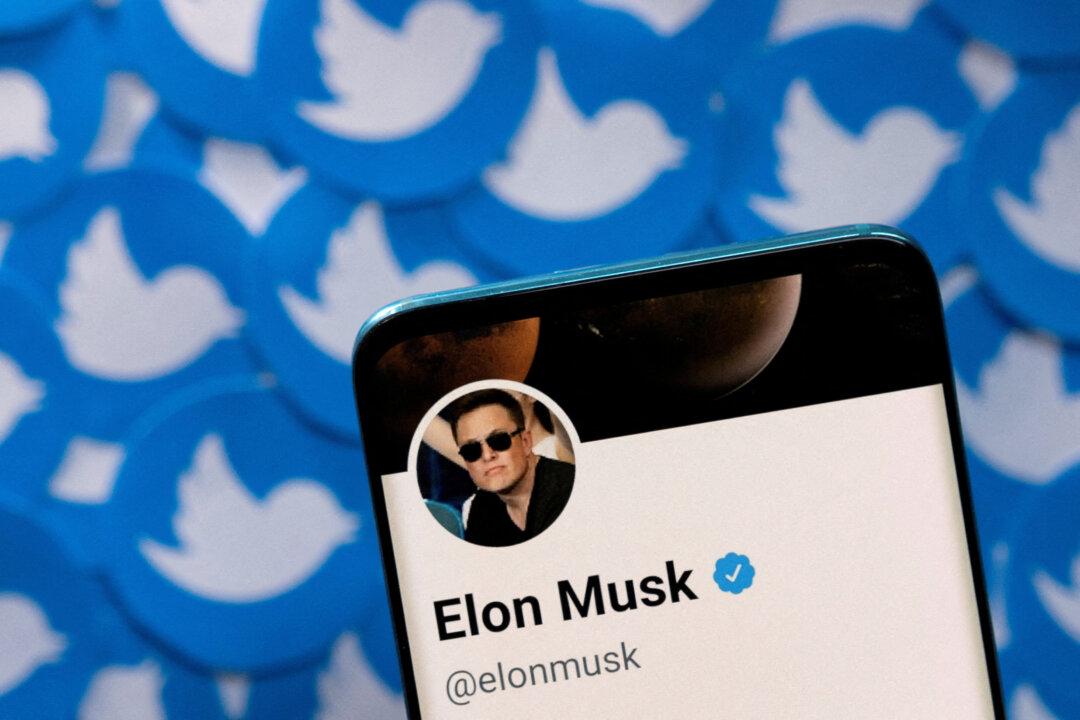Twitter owner Elon Musk has plans for his social media platform that extend far beyond social networking.
In recent months, Musk has been outspoken about his intention to turn Twitter into “X,” an “everything app” that offers a variety of services—like messaging, networking, shopping, financial services, and more—in just one interface.





